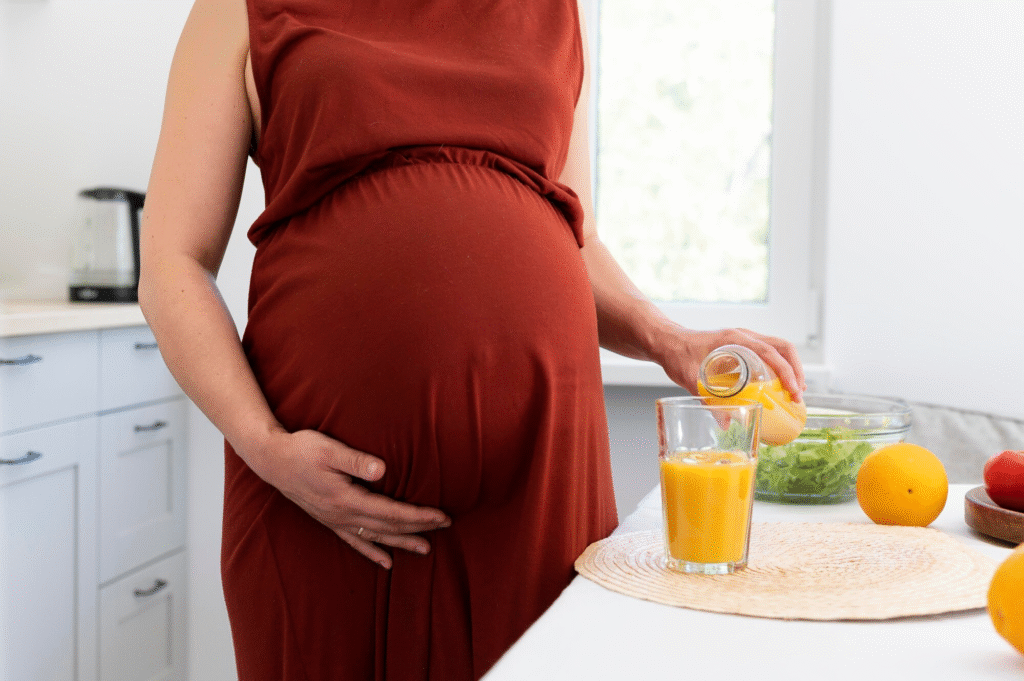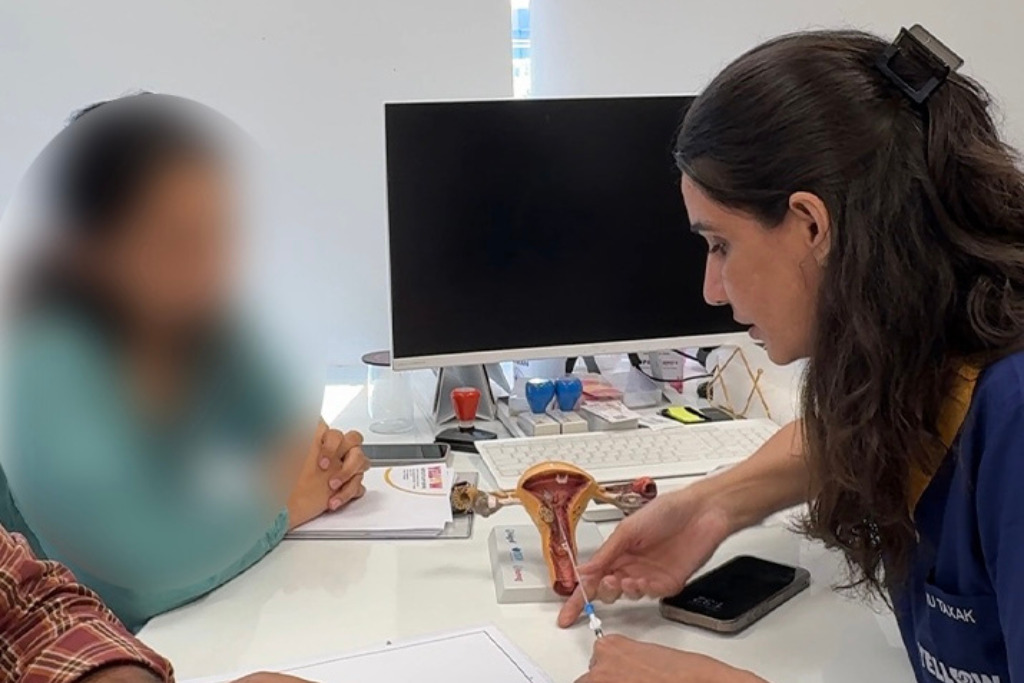Newly pregnant and suddenly obsessed with pickles at 2 a.m.? Or maybe craving something totally random that you never even liked before? Don’t worry, you’re definitely not alone.
You’ve probably already scrolled through a few articles or heard stories from fellow moms, but let’s get into it:
Why do these cravings hit so hard?
Well, here’s the thing, even science hasn’t cracked the full mystery. Cravings could be sparked by hormonal changes, nutritional needs, or just plain psychology. Craving ice cream? Might be your body asking for calcium. Thinking about dirt or clay? That one’s usually tied to iron or zinc deficiency (and yes, it’s a real thing called Pica).

When Do These Cravings Start?
Here’s where it gets interesting. Some moms-to-be get cravings as early as the first few weeks, while others sail through pregnancy without any weird food obsessions. Most commonly, pregnancy cravings:
- Start early
- Peak in the second trimester
- Stick around till the third
And it’s not just cravings for food aversions show up too. That dish you loved pre-pregnancy? Suddenly unbearable. These aversions usually kick in around week 5 or 6 and are also driven by hormonal shifts.
Why Do We Crave Certain Foods?
A big player here is hCG the hormone responsible for that positive pregnancy test. It skyrockets during the first trimester and might mess with your sense of taste and smell, which can amp up both cravings and aversions.
But let’s not blame hormones entirely. Your brain plays a role too. Sometimes just hearing someone say, “I craved fries like crazy during pregnancy” is enough to make your taste buds go, “Yup, me too!”
Basically friends, family, culture, environment… it all adds up.
Is It All in Your Head?
Not completely. Some experts believe cravings are your body’s clever way of nudging you toward what it needs and away from stuff that could harm you. But let’s be honest, not all cravings are about nutrients (we see you, double chocolate lava cake ).
So whether you’re reaching for something sweet, salty, sour or slightly odd it’s always a good idea to check in with your OB-GYN. They’ll help you keep those cravings in check and make sure your nutritional needs are met. Because let’s face it pregnancy is a wild, wonderful ride and cravings are just part of the adventure.
FAQs
Why do pregnancy cravings happen?
Hormones, nutritional needs, or emotional changes can all play a role.
Are pregnancy cravings a sign of a healthy pregnancy?
Mostly yes but unusual cravings can signal deficiencies, so keep your doc in the loop.
Can I ignore pregnancy cravings?
Sometimes yes but try to listen to your body while keeping meals balanced.
Is it normal to crave non-food items?
It can happen (it’s called Pica), but it’s best to speak to a doctor ASAP.
How do I manage unhealthy cravings?
Hydrate, eat balanced meals, and look for healthier swaps when you can.




